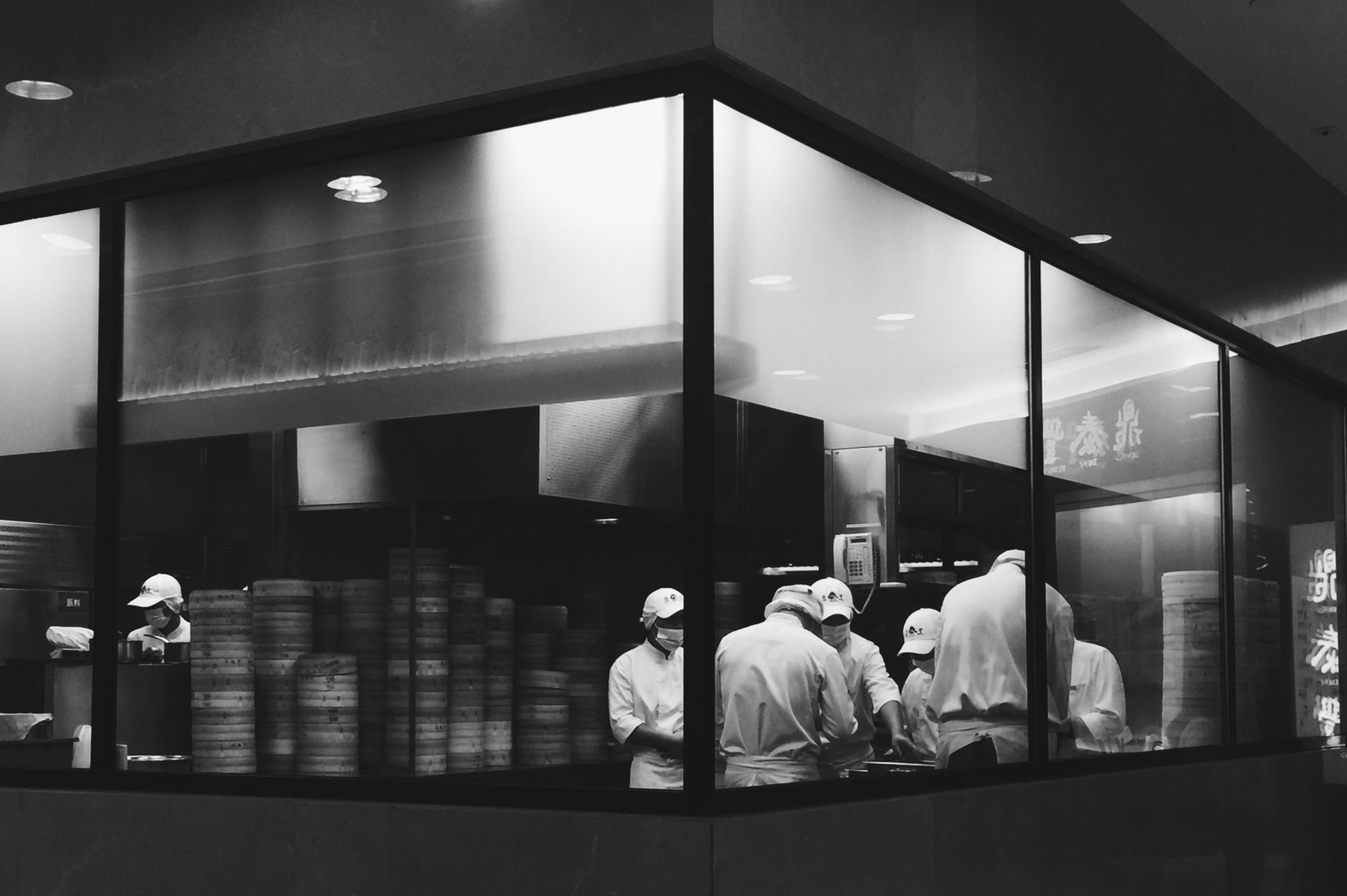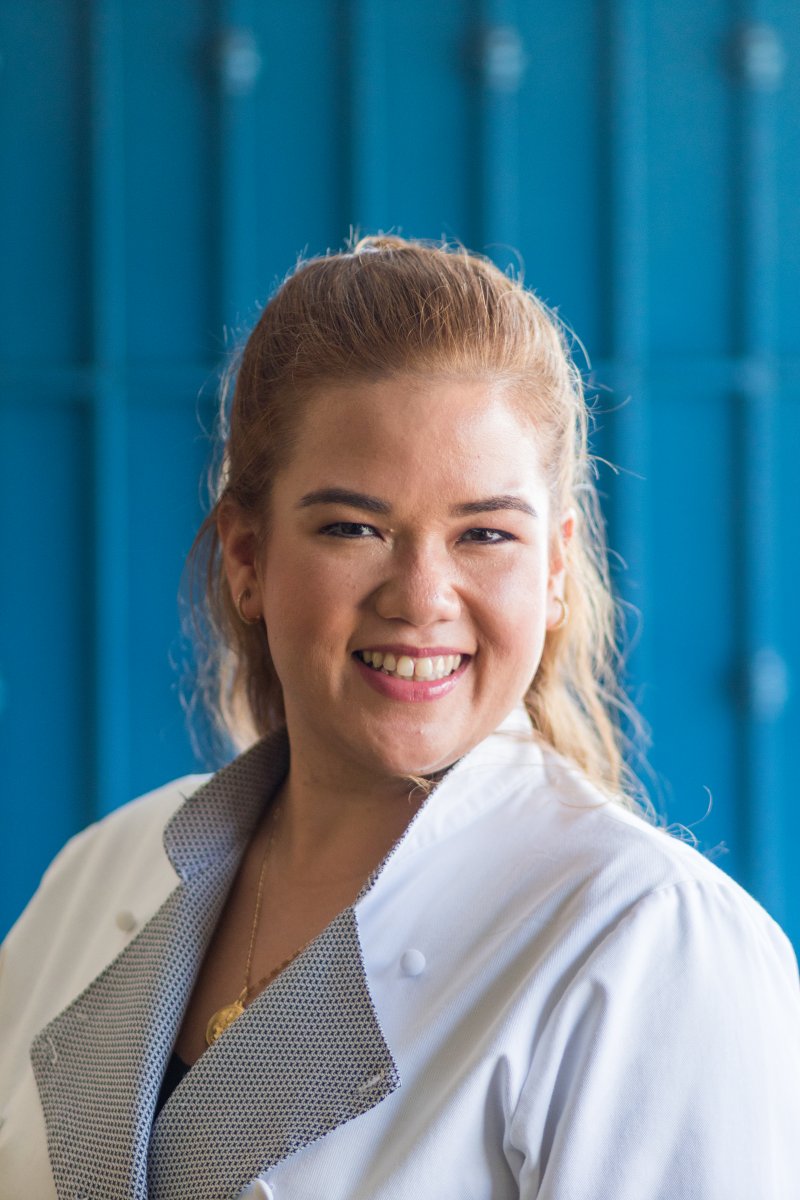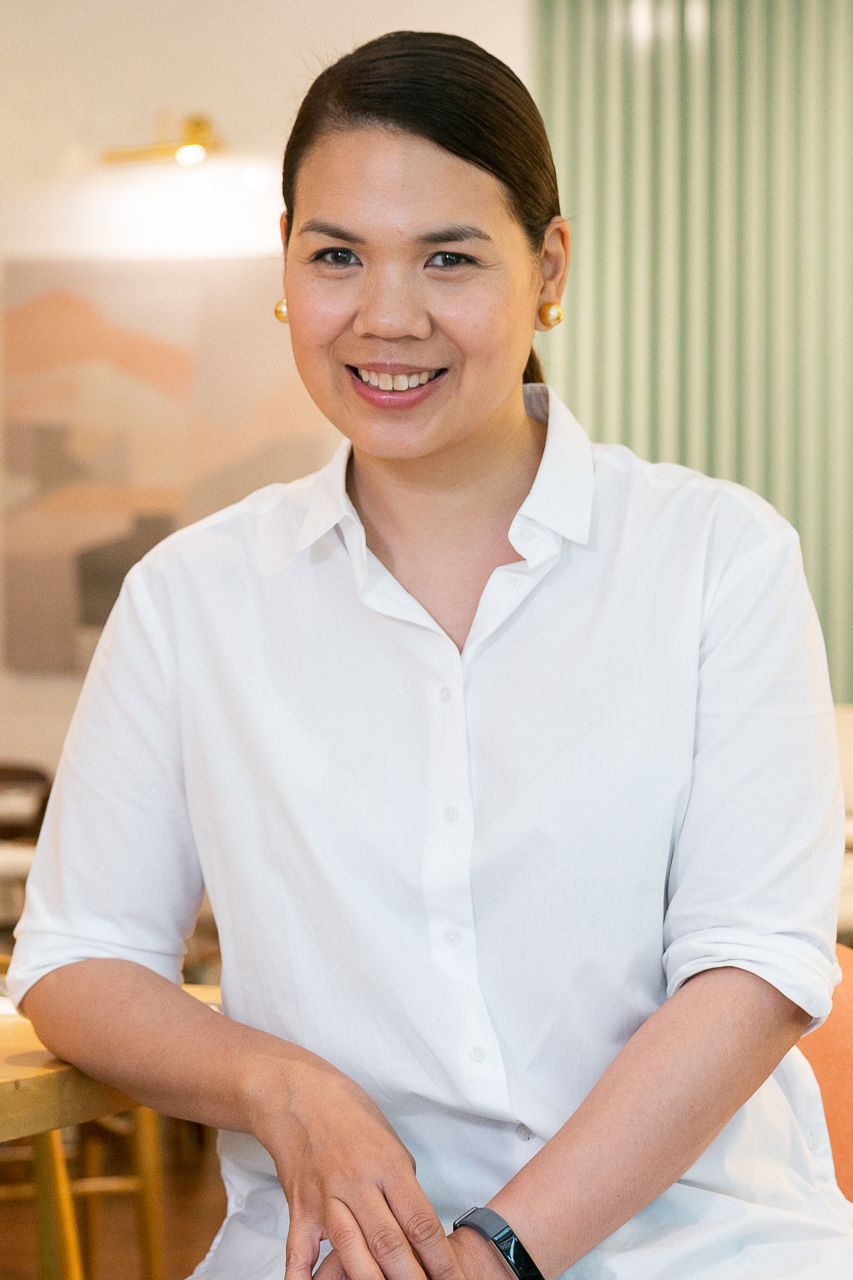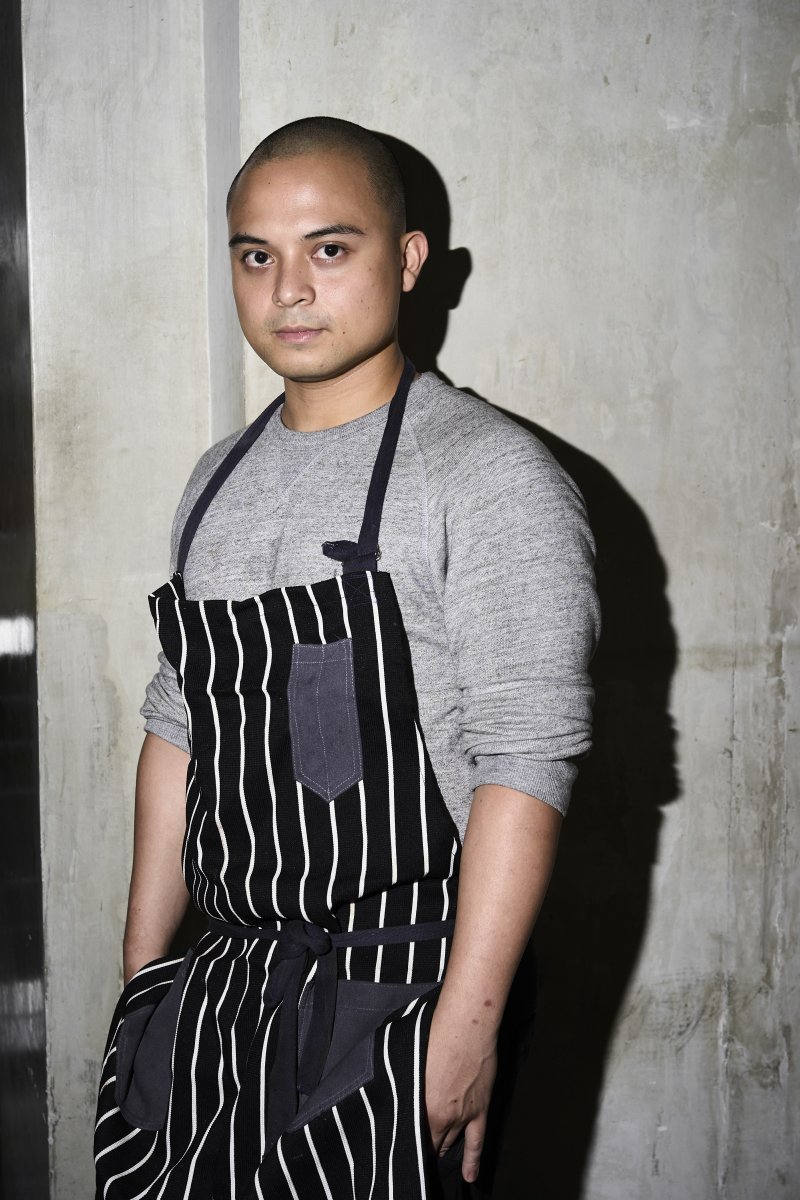It’s the cautionary tales that can get to even the toughest, most dedicated aspirants.
Culinary schools—while no doubt a good avenue to form a strong foundation—are huge financial risks that can leave its students seriously doubting their career paths and the feasibility of opening a restaurant.
In institutions like the Culinary Institute of America, a two-year associate degree program costs $50,000, while a bachelor’s degree costs more than $100,000. The fees are not any better locally: A semester at the Center for Culinary Arts can cost roughly around P150,000. These are maybe the extreme cases, but they’re apt explanations for why some people decide to take the alternative route: working their way up in kitchens.
“Legions of people around the world haven’t gone to cooking school—that’s mostly how it was in France for a long time, with chefs that worked their way up in the kitchen. Cooking school is really expensive, and I’d say that anyone who has a good head on their shoulders, has the discipline to buy a good book, read it, and learn the fundamentals can certainly get by without attending schools,” says Anita Lo.
As Anita Lo, the chef behind Annisa, says: “Legions of people around the world haven’t gone to cooking school—that’s mostly how it was in France for a long time, with chefs that worked their way up in the kitchen. Cooking school is really expensive, and I’d say that anyone who has a good head on their shoulders, has the discipline to buy a good book, read it, and learn the fundamentals can certainly get by without attending schools.”
There’s also the question of whether or not culinary schools can prepare students for a life in the kitchen. A life that is physically and mentally taxing and puts one at constant risk of sexual harassment. Some have even attested that it’s a job that leaves you no time for a social life. How effective is culinary school, exactly, at preparing a person for that kind of life? It’s a highly subjective matter and, ultimately, it’s not something that can be settled by a one-size-fits-all answer. We asked some chefs to weigh in on the issue:
Tina Legarda
Restaurant: Bamba Bistro
“It’s a good start. When it comes to the basics, you’ll need to at least get that from books and to learn it from people who have experienced it. But I really think that at the end of the day, it’s more about what goes on after school. Like having to be open to, for instance, peeling potatoes for six hours and mastering that. And then being open to chop like a sack of whatever. You have to be open to all that to really see what it means to be a cook or to be a chef. You need to really be open to sacrificing your time and effort for food.”
Baba Ibazeta-Benedicto
Restaurant: Nono’s
“I took the cooking program in the California Cooking Academy because I didn’t know how to cook and I wanted to learn. We had to do an OJT, and I decided to work in a small pastry shop in Berkeley called Masse’s Pastries. And I was planning to take the baking course after that, but the owner… he was super hands-on. I learned so much from him that I didn’t even need to study anymore. I felt like I already learned enough from him. And so I ended up working there for a year instead. About going to culinary school, I think it does give you an edge. It’s good to learn your basic skills properly because you have to have that strong foundation. And I think there is a difference if you do have a degree. But I also don’t think that having a degree automatically makes you a chef. The title has to be earned, and that could only be earned through hard work. So yes, you do have to study, but you also have to go through the motions. You have to start from the bottom and work your way up. And there’s no easy way up. I don’t think you can just graduate and then open a restaurant.”
Bruce Ricketts
Restaurant: Mecha Uma
“That’s four years of going to school… in four years you can already go from dishwasher to line cook. If you work in a kitchen for four years, you can already have enough of a strong background. So I guess it really depends on what you’re going for. If you’re after craftsmanship, then going to school is not a necessity. If you’re going after learning the business side of it [restaurant industry], then going to school is maybe necessary. It’s about either gaining professional experience right away or wanting to learn what goes into a restaurant. It’s two different things.”
Originally published in F&B Report Vol. 15 No. 4








